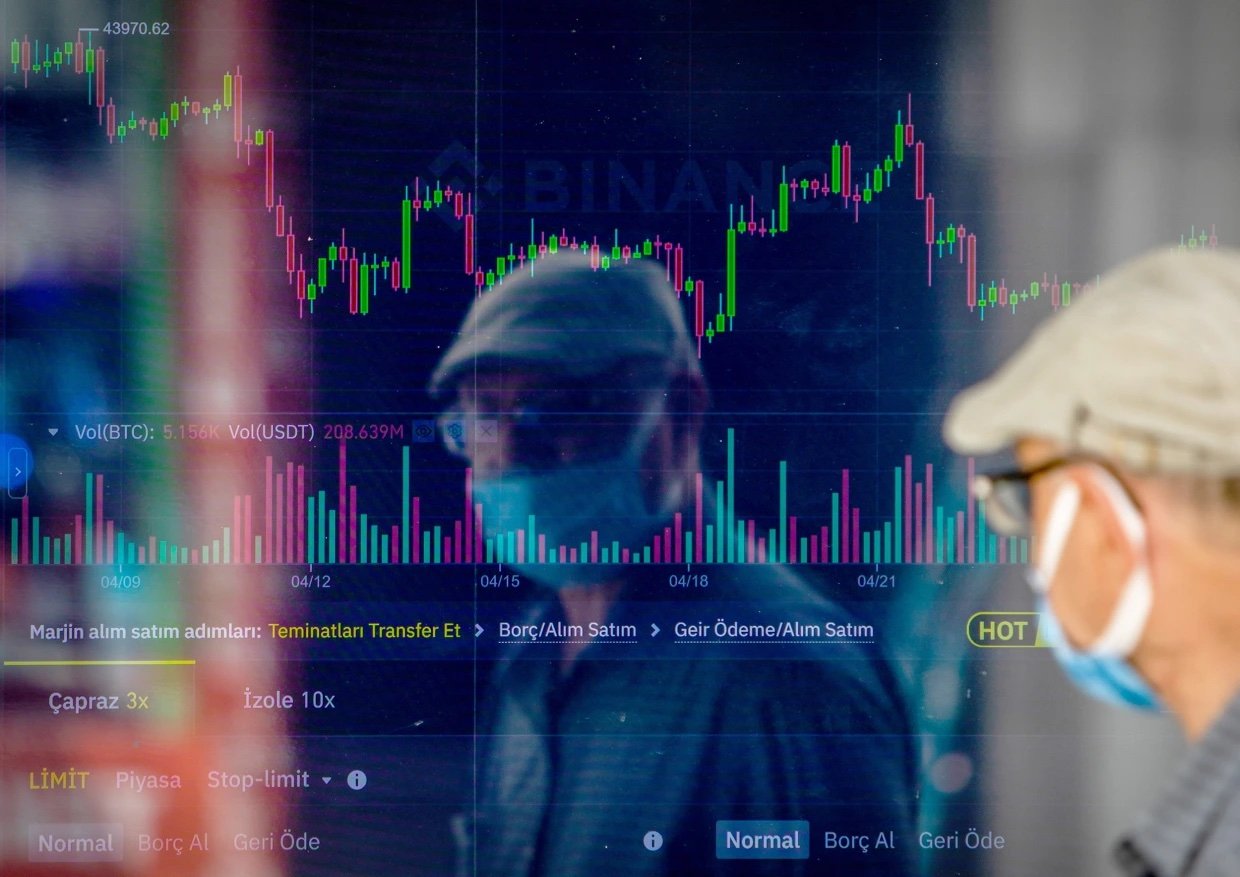Gaming Industry Avoids Worst Of Crypto Crash
Posted on: July 12, 2022, 12:25h.
Last updated on: July 12, 2022, 01:08h.
The crypto crash continues to get worse. Bitcoin (BTC) has plummeted since mid-April from a value of around $40,000 to just $20,856.35 at its highest point yesterday. However, the effects of that plunge on the gaming industry hasn’t had a big impact to date.

Often, gambling is seen as a recession-proof industry, in which the high rollers will keep rolling no matter the squeeze from external economic factors.
In terms of crypto gambling, this may well be the case. Where the main cryptocurrencies are involved, they may be worth less, but they will likely outlive this downturn. By ‘main cryptocurrencies,’ we mean BTC, of course, alongside ethereum (ETH), Ripple’s XRP, Cardano (ADA), Solana (SOL) and the best-known meme coin, Dogecoin (DOGE) – a favorite of Elon Musk.
Where there is less certainty is for the coins and tokens that are newer, less well-known, have less liquidity, and are less trusted by holders. Crypto casinos or sports betting outfits that launched their own coins, fan tokens, and NFTs before this crash may well have seen their value fall to almost nothing as consumers lose faith in the market.
Bitcoin and other coins dropping in value have been catastrophic for highly-leverage crypto businesses. Among them are exchanges and lenders without the requisite liquidity to weather what is known in the industry as a “crypto winter.” It derives its name because the assumption is that it will eventually thaw, only for prices to rise again.
Meanwhile, several crypto exchanges have slashed their workforces in recent weeks in a bid to stay afloat, while crypto hedge fund Three Arrows Capital (3AC) was forced into administration by a British Virgin Islands court last week. That caused a ripple effect for those it owed money. The founders of 3AC, former Credit Suisse traders Su Zhu and Kyle Davies, have since disappeared.
Effects on Crypto Gambling
The crypto crash is certainly not the end for crypto gambling. New crypto casinos have continued to launch throughout this crisis, and betting industry stalwarts such as DraftKings’ Jason Robins have continued to back the crypto industry as having an inevitable role in the future of gambling.
What this crash will do is thrash out many of the regulatory grey areas. Some jurisdictions will clamp down in a bid to protect consumers from the kinds of losses suffered by many when Terra UST and its sister coin Luna crashed in May.
Others will use the extreme outcomes of this crash as points of learning for what needs to be prevented in the future.
Regulation has already been expedited in several jurisdictions. The EU published its MiCA legislation at the end of last month, which aims to protect the EU’s financial sector and keep it competitive. That’s while enabling consumers to have access to more innovative products. Overall, it aims to harmonize the EU’s approach to crypto regulation, so that each jurisdiction represented is on the same page.
Meanwhile, the G20 has just recently pledged to establish a framework for regulating cryptocurrencies that are intended to extend across every country represented by the group. The Financial Stability Board, which unites the financial interests of the group, said it was time to bring the “speculative” crypto sector under a regulatory code.
“The failure of a market player, in addition to imposing potentially large losses on investors and threatening market confidence arising from crystallization of conduct risks, can also quickly transmit risks to other parts of the crypto-asset ecosystem,” it said.
Calls for US Regulations
The US has also stepped up its work on regulating crypto, recently banning federal staff with crypto holdings from taking part in the debate on crypto regulation where they may have a conflict of interests.
US Securities and Exchange Commission Chief Executive Gary Gensler has reiterated his belief that BTC is the only cryptocurrency that can fairly be defined as a commodity – potentially handing it off for oversight by the Commodities Futures Trading Commission (CFTC). That’s while SEC keeps a steely grasp of everything else, ETH included, much to that community’s chagrin.
As the pace of regulation steps up, so, too, is the confidence of the gambling industry likely to grow.
Gambling has come too far down the path of regulatory control to risk a backlash by incorporating crypto too soon. But as frameworks emerge to mitigate those risks, licensed operators are likely to begin opening their products up to crypto and blockchain innovations.
Related News Articles
DraftKings, Polygon Team Up on Blockchain Accord
DraftKings Lands NFL Non-Fungible Token Deal
Online Gaming Platform Stake.com Loses $40M in Hack
Most Popular
FTC: Casino Resort Fees Must Be Included in Upfront Hotel Rates
Genovese Capo Sentenced for Illegal Gambling on Long Island
NBA Referees Expose Sports Betting Abuse Following Steve Kerr Meltdown
UPDATE: Former Resorts World & MGM Grand Prez Loses Gaming License
Most Commented
-
UPDATE: Whiskey Pete’s Casino Near Las Vegas Closes
— December 20, 2024 — 30 Comments -
Caesars Virginia in Danville Now Accepting Hotel Room Reservations
— November 27, 2024 — 9 Comments -
UPDATE: Former Resorts World & MGM Grand Prez Loses Gaming License
— December 19, 2024 — 8 Comments -
FTC: Casino Resort Fees Must Be Included in Upfront Hotel Rates
— December 17, 2024 — 7 Comments
















No comments yet